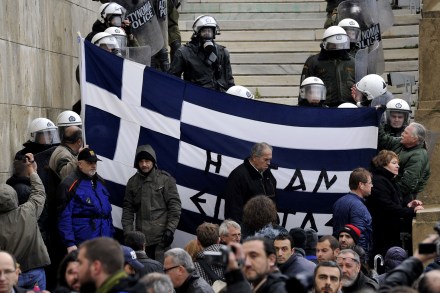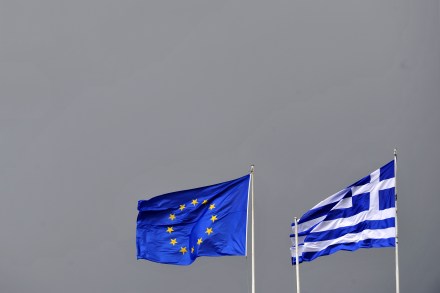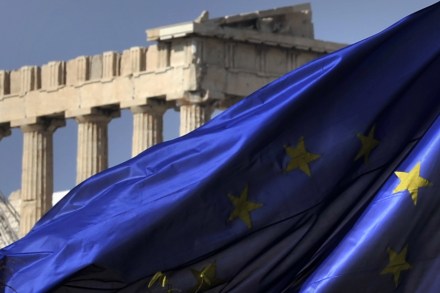Bailout country | 16 February 2012
With the political wrangling over another Greek bailout continuing today, we thought CoffeeHousers might care to read (or re-read) Faisal Islam’s cover piece for The Spectator from four months ago: In a theatre in central Athens, over a thousand tax inspectors have gathered to shout crossly about the latest cuts to their pay and pensions. Eventually the argument, between the government-affiliated union leader and his members, spills out on to the street. The rank-and-file feel betrayed: they were persuaded to accept the first wave of pay cuts earlier this year, and now they are being asked to take even more. This does not feel to them as if they’re being


















